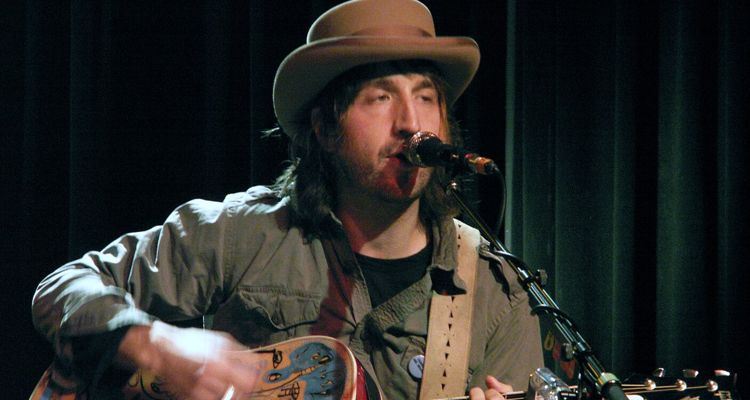
Photo Credit: Susan Beals / CC by 2.0
Singer-songwriter Joseph Arthur’s $25 million lawsuit against The Los Angeles Times faces possible dismissal.
Arthur filed the lawsuit in August after the LA Times published a piece with the headline, “He was a celebrated singer-songwriter with famous fans. Then he started posting about the vaccine.” While the term “anti-vaxxer” doesn’t appear in the body of the article about Arthur, he nonetheless filed a defamation suit against the LA Times. The lawsuit claimed that the piece led to Arthur being shunned by the music community as someone who was against all vaccines, not just those for COVID-19.
However, a letter from the US District Court of Virginia Charlottesville Clerk’s office states that Arthur and his attorneys have not yet served the LA Times since filing the complaint. If Arthur’s attorneys haven’t served the Times by November 8, in accordance with federal law, the Court will dismiss the case.
The letter states that according to the Federal Rules of Civil Procedure: “If a defendant is not served within 90 days after the complaint is filed, the court — on motion or on its own notice to the plaintiff — must dismiss the action without prejudice against that defendant or order that service be made within a specified time.”
The Court’s letter says that Arthur’s attorney filed the complaint on August 10, 2022, but the Los Angeles Times had not been served to appear in Court. If attorneys do not request service on behalf of Arthur by November 8, the case will be dismissed.
The lawsuit blames the LA Times for a botched distribution deal and canceled gigs for Arthur since the article’s debut. Arthur’s lawsuit also claims that the piece put his young daughter at risk by using her image in its headline.
“The article impugned Arthur’s professional integrity and exposed him to hatred, contempt, ridicule, or obloquy as someone who was against all vaccines,” read the lawsuit. “Publication caused him to be shunned and avoided.”

